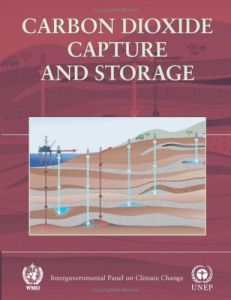Join getAbstract to access the summary!

Join getAbstract to access the summary!
IPCC
Carbon Dioxide Capture and Storage
Cambridge UP, 2005
What's inside?
The IPCC’s authoritative report on carbon dioxide: what the experts know about carbon sequestration and storage.
Recommendation
This is probably the most extensive, comprehensive study of carbon dioxide capture and storage ever undertaken. Prepared under the aegis of Working Group III (Mitigation of Climate Change) of the U.N. Intergovernmental Panel on Climate Change (IPCC), it addresses a wide range of technical, economic and policy issues in great detail. The prose isn’t lively, but fortunately for the general reader, the text includes lucid executive summaries at the beginning of each chapter. getAbstract highly recommends this report to those who genuinely want to know the details of this potential (albeit partial) solution to the climate change problem.
Summary
About the Author
The Intergovernmental Panel on Climate Change (IPCC) is a scientific body tasked to evaluate the risk of climate change caused by human activity. The panel was established in 1988 by the World Meteorological Organization (WMO) and the United Nations Environment Programme (UNEP), two organizations of the United Nations.
















Comment on this summary